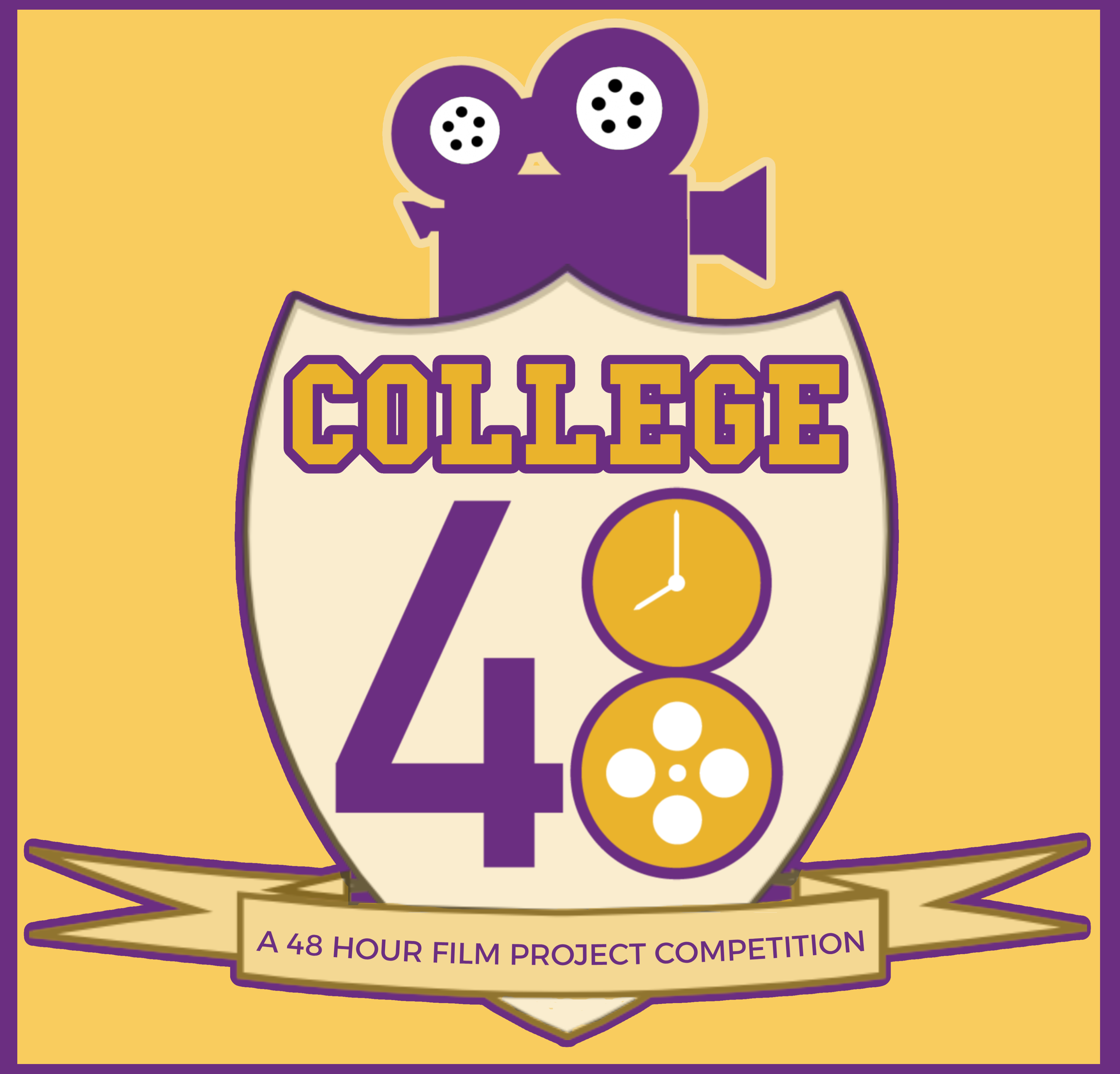Finland 2
Listen to Finland 2, a man in his 20s from Helsinki, Finland. Click or tap the triangle-shaped play button to hear the subject.
Both as a courtesy and to comply with copyright law, please remember to credit IDEA for direct or indirect use of samples. IDEA is a free resource; please consider supporting us.
BIOGRAPHICAL INFORMATION
AGE: 20s
DATE OF BIRTH (DD/MM/YYYY): 1970s
PLACE OF BIRTH: near Helsinki, Finland
GENDER: male
ETHNICITY: Caucasian (American/Finnish)
OCCUPATION: student
EDUCATION: some university
AREA(S) OF RESIDENCE OUTSIDE REPRESENTATIVE REGION FOR LONGER THAN SIX MONTHS:
The subject has lived in Lawrence, Kansas, United States.
OTHER INFLUENCES ON SPEECH:
Before coming to the United States, he had studied English for eight years. His father is American, and his mother is Finnish. (Listen especially to his characteristic use of a hard “L” sound.)
The text used in our recordings of scripted speech can be found by clicking here.
RECORDED BY: Josh Meyer and Paul Meier
DATE OF RECORDING (DD/MM/YYYY): 28/02/2000
PHONETIC TRANSCRIPTION OF SCRIPTED SPEECH: N/A
TRANSCRIBED BY: N/A
DATE OF TRANSCRIPTION (DD/MM/YYYY): N/A
ORTHOGRAPHIC TRANSCRIPTION OF UNSCRIPTED SPEECH:
OK, my, uh, my father’s American. My mother’s a Fin. And, uh, I I was brought up, uh, speaking Finnish, but I heard, uh, English spoken by my father most to my mother, and of course through television, and then, uh, I visited here for a couple of dimes, times in my youth, ah, during summer, so I got kind of influenced from those trips, and then I started in fifth grade started English in school, and I started, uh, for eight years English there; and, uh, of course they teach you a more kind of, um, neutral accent, usually not very British, not too American. And then, uh, of course, my father, he doesn’t have tha a really American accent. Uh, he, uh, th some say he, he’s, he has kind of Mid-Atlantic, almost so-called, um, but I I think he didn’t develop a very … He was from Oklahoma, but he didn’t develop a really, um, very kind of particular American accent in that way, and, eh, at work he speaks mo, almost mostly with a British British, eh, colleagues at the university, ah and, um, so he doesn’t, he doesn’t have very American accent as such. And then about my accent, of course, I lived here for one and a half years studying, so that probably has some influence; I know how much ’cause I, I don’t know how I, how I’m being changing. I visit, of course, London, but I didn’t week I just learned that I can — I don’t understand many people there, especially people speaking Cockney. Going to new places, like, eh, going to pre-school, remembering like the first day, first day of school or something like that also probably most memorable things that I could tell tell my some of my friends here; I could choose in summer three places I could swim in the lake, in the that would be that would be, of course, um, not saltwater or sweetwater, freshwater, and then, uh, in the sea and or in the 50-meter-long swimming hall, yes, I would choose [laughs]; they, of course, the water in the sea — there isn’t very salty ’cause of it’s, uh, it’s kind of half half, and half it’s not very; it’s like ’cause the, um, the Baltic Sea doesn’t receive much s-salt from the, from the Danish straits. What do you call them last summer, I th, I thought I swam there — it, it seemed to be pretty salty sometimes; they get kind of [unintelligible], call them like pulses of salt salty water, although May 1st is pretty big. It’s kind of the beginning of, of summer or spring — I don’t know where, and then the midsummer festival — that’s big thing, and then, uh, of course, Christmas also probably biggest, yes.
TRANSCRIBED BY: Josh Meyer (under the supervision of Paul Meier)
DATE OF TRANSCRIPTION (DD/MM/YYYY): 28/02/2000
PHONETIC TRANSCRIPTION OF UNSCRIPTED SPEECH: N/A
TRANSCRIBED BY: N/A
DATE OF TRANSCRIPTION (DD/MM/YYYY): N/A
SCHOLARLY COMMENTARY: N/A
COMMENTARY BY: N/A
DATE OF COMMENTARY (DD/MM/YYYY): N/A
The archive provides:
- Recordings of accent/dialect speakers from the region you select.
- Text of the speakers’ biographical details.
- Scholarly commentary and analysis in some cases.
- In most cases, an orthographic transcription of the speakers’ unscripted speech. In a small number of cases, you will also find a narrow phonetic transcription of the sample (see Phonetic Transcriptions for a complete list). The recordings average four minutes in length and feature both the reading of one of two standard passages, and some unscripted speech. The two passages are Comma Gets a Cure (currently our standard passage) and The Rainbow Passage (used in our earliest recordings).
For instructional materials or coaching in the accents and dialects represented here, please go to Other Dialect Services.
 IDEA: International Dialects of English Archive
IDEA: International Dialects of English Archive





